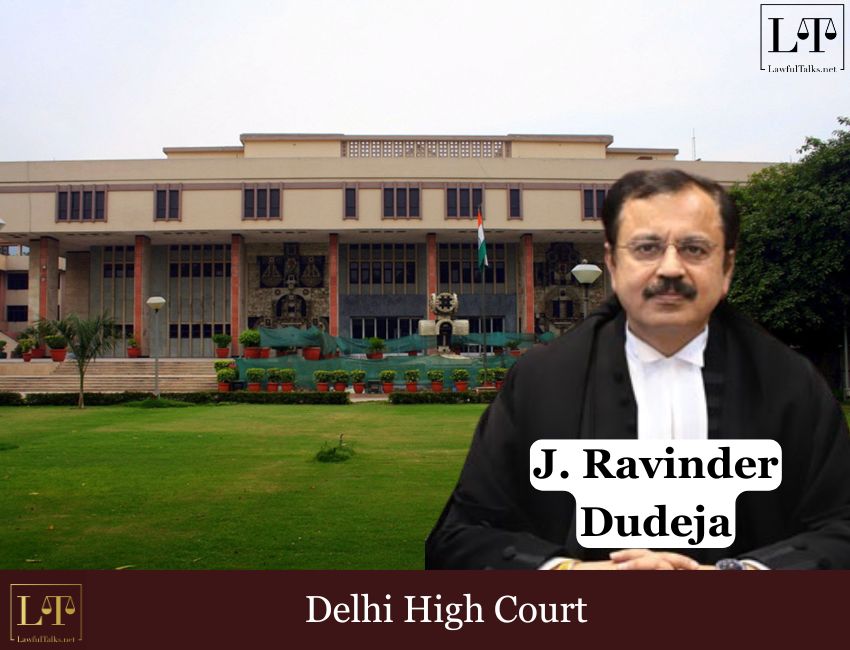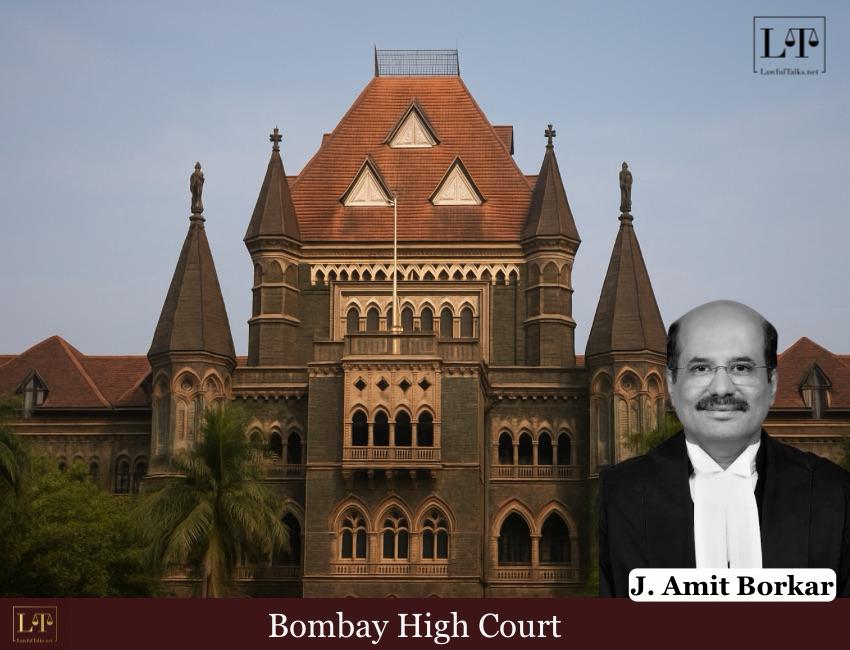Allahabad HC Sets Aside Afzal Ansari's Conviction, Allows Him to Continue as MP

The Delhi High Court has ruled that an undertrial’s desire to visit and console his ailing parents is not a valid reason to grant emergent custody parole under the Delhi Prison Rules, 2018. Justice Ravinder Dudeja, sitting as a single-judge bench, made this observation while rejecting a plea filed by Mohamed Ali Jinnah, an accused in a National Investigation Agency (NIA) case under the Indian Penal Code (IPC) and the Unlawful Activities (Prevention) Act, 1967 (UAPA). The Court noted that custody parole can be granted only in truly exceptional or urgent situations.

Background:
The petitioner, in judicial custody since September 2022, had approached the court challenging the trial court’s order dated October 18, 2025, which rejected his request for custody parole. He sought a two-week parole to visit his ailing parents and younger brother, citing their deteriorating health and advanced age. His mother, aged 65, was diagnosed with papillary carcinoma of the thyroid and suffers from diabetes and hypertension, while his 70-year-old father has a history of diabetes, hypertension, and a previous stroke.
His younger brother also remains under medical supervision. However, the trial court had denied the plea, observing that the medical reports did not indicate any life-threatening or emergent condition justifying such relief.
Petitioner’s Contention:
Before the High Court, the petitioner argued that the ailments of his family members fell within the scope of “serious illness of a family member” as contemplated under Rule 1203 of the Delhi Prison Rules.
As the eldest son, he contended, it was his moral and emotional responsibility to provide support to his family in their time of distress. He further submitted that the denial of parole violated his right to life and personal liberty under Article 21 of the Constitution, which includes the right to maintain family ties.
His counsel argued that the trial court did not consider the humanitarian purpose behind the parole rules and that its decision was too strict, especially since he had maintained good conduct and had been in jail for a long time.
National Investigation Agency’s Counter:
The National Investigation Agency (NIA) opposed the plea, contending that the petitioner is accused in a serious case involving offences that threaten national security. The prosecution maintained that custody parole under Rule 1203 can be granted only in exceptional or emergent situations such as death, marriage, or life-threatening illness of a family member and the petitioner’s case did not meet that standard. It further submitted that the medical conditions of the petitioner’s family members were being adequately managed and did not require his physical presence.
Court Ruling:
After hearing the arguments, the Delhi High Court clarified that although undertrial prisoners are protected under Article 21 of the Constitution, custody parole is only a limited humanitarian relief meant for urgent and exceptional situations.
Citing Rule 1203 of the Delhi Prison Rules, which lists specific reasons such as the death or marriage of a family member, serious illness, or other emergencies approved by the Deputy Inspector General, the Court emphasized that such parole should be granted only in truly urgent cases, while maintaining a balance between compassion, public safety, and judicial discipline.
After reviewing the medical records, the Court observed that although the petitioner’s mother was diagnosed with thyroid cancer, there was no proof of any planned surgery or that her condition was life-threatening. The father’s long-term health issues were under control with regular treatment, and the brother’s condition was not an emergency either.
The Court therefore found no special or urgent reason to grant custody parole. It also noted that the petitioner is facing serious charges under the UAPA, which involve national security, and that such cases require the Court to be extra cautious while considering parole.
“The right to family life under Article 21 must indeed be respected even for undertrial prisoners, but such right is subject to lawful restrictions imposed in the interest of security, discipline, and the administration of justice. The petitioner’s desire to console his parents, though understandable, cannot by itself constitute a ground for emergent parole under Rule 1203 of the Delhi Prison Rules, 2018. While dismissing the application, the Ld. Trial court has taken note that even though the diagnosis of the petitioner’s mother suggests Papillary Carcinoma disease, no surgery is scheduled and there is no life-threatening situation warranting the grant of custody parole to the petitioner.” observed the court.
“In view of the above discussion, this Court finds no infirmity in the impugned order dated 18.10.2025 passed by the Ld. Trial Court. The petitioner has failed to make out any emergent or exceptional ground as envisaged under Rule 1203 of the Delhi Prison Rules, 2018, for grant of custody parole.” the court held.
Accordingly, the petition was dismissed.
Case Details: Mohamed Ali Jinnah vs. National Investigation Agency; CRL.M.C. 7709/2025
Advocate for the Petitioner: Mr. A. Nowfal, Mr. Shaikh Saipan, Mr. Md. Arif Hussain.
Advocate for the Respondent: Mr. Rahul Tyagi, SPP, NIA with Mr. Vikas Walia, SPP, NIA with Mr. Jatin, ASPP, NIA and Mr. Amit
Rohila.

Anushka Bandekar
Advocate
Latest Posts
Categories
- International News 19 Posts
- Supreme Court 390 Posts
- High Courts 384 Posts




















































































































































































































































































































































































































































































































































































































































































































































































































